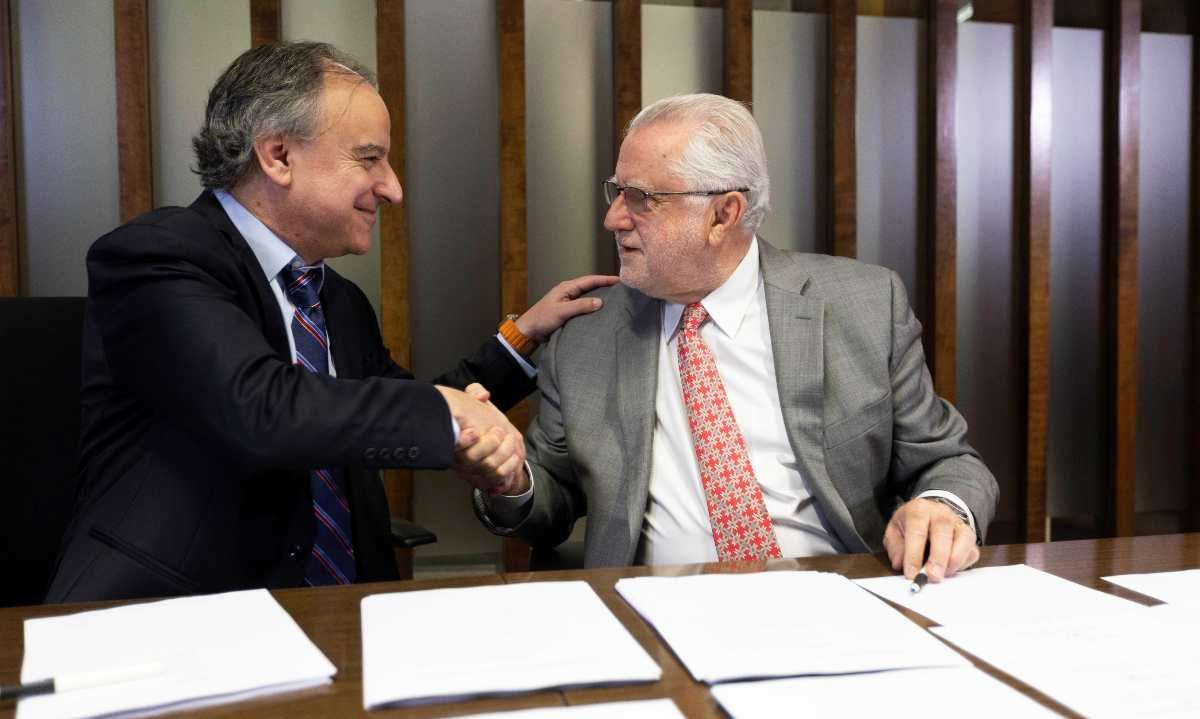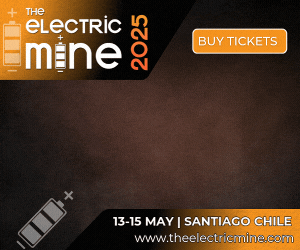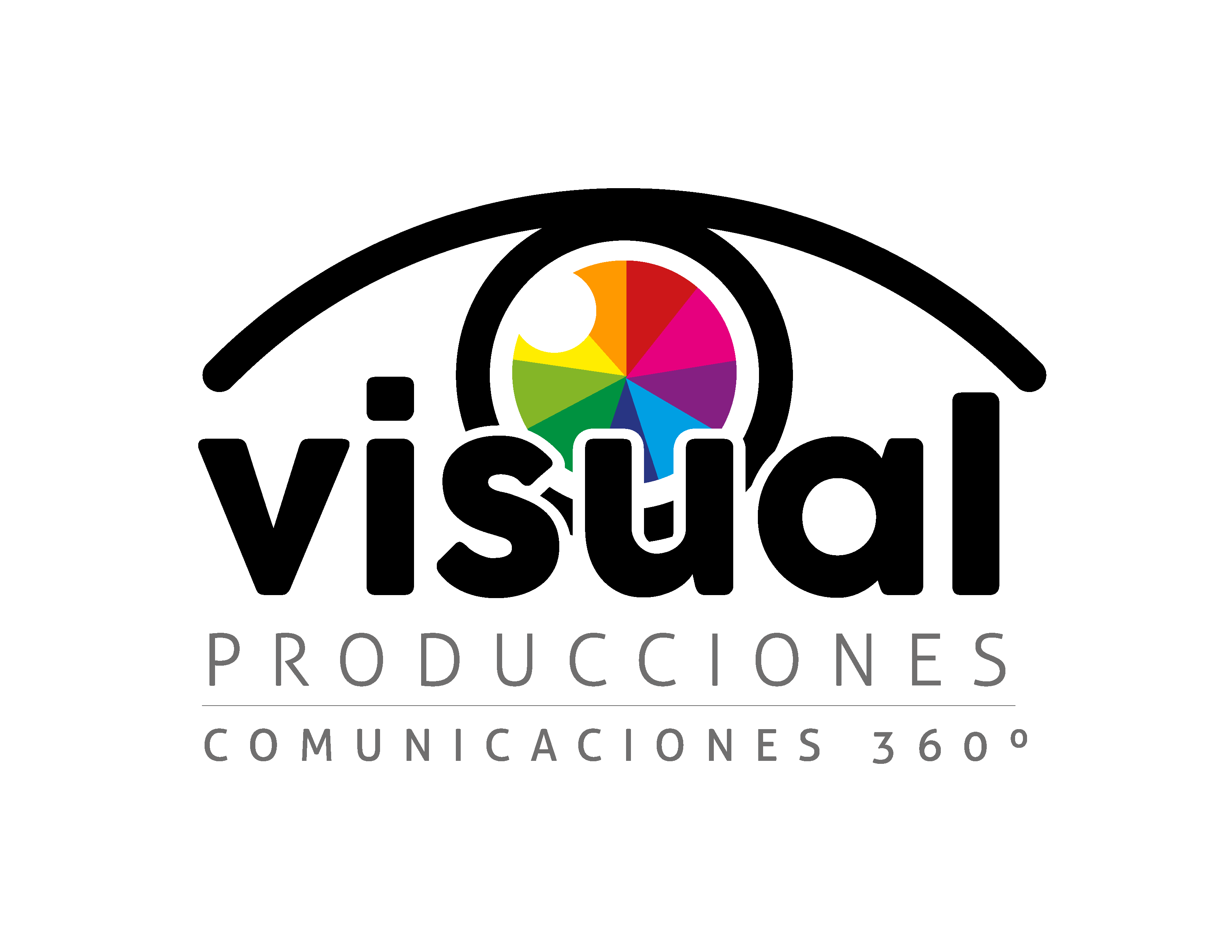
Starting in 2031, the state will receive 85% of the operating margin of the new production through payments to Corfo, taxes and the profits received by Codelco as a shareholder.
The National Copper Corporation (Codelco) and Sociedad Química y Minera de Chile SA (SQM) have signed the Partnership Agreement that they had announced in a Memorandum of Understanding released last December. The agreement establishes in detail all the steps, stages, rights, obligations, terms and conditions of the public-private partnership that will take responsibility for production of refined lithium in the Salar de Atacama from 2025 to 2060.
The partnership, composed of Codelco through its subsidiary Minera Tarar, and SQM through SQM Salar, will become effective once all the legal, regulatory, technical and environmental requirements and the respective indigenous consultation process have been fulfilled, all of which is planned to be completed in the first months of 2025.
The agreement states that the aim is to achieve a total additional production of 300,000 Lithium Carbonate Equivalent (LCE) in 2025-2030, while a production of 280,000-300,000 tons of LCE annually has been defined for 2031-2060. This increase in lithium production will be achieved through improvements in process efficiency, the adoption of new technologies and the optimization of operations and does not entail increased brine extraction or use of continental waters.
"The partnership will have access to 100% of our infrastructure and plants, including the world's largest lithium product refining center in Antofagasta. We are committed to compliance with the highest environmental standards and an ongoing process of dialogue with Atacameño communities to protect the salt marsh’s ecosystem. With the Codelco-SQM partnership, as of 2031 Chile will receive 85% of the operating margin through different channels,” said Ricardo Ramos, CEO of SQM.
Regarding the partnership's corporate governance, between 2025 and 2030, the company's board will be composed of 6 members and each party will appoint half of them. Codelco will appoint the president and SQM the vice president. Meanwhile, SQM will have the majority of votes in shareholders’ meetings, business management and rights to maintain consolidation of the joint venture’s results. Starting in 2031, the board will be composed of 7 members and Codelco will have the majority. Its members cannot have served as Codelco or SQM S.A. board members for over 10 years, either continuous or discontinuously. The state company will have the majority of votes in the shareholders' meeting and results will be consolidated in Codelco.
In economic terms, it is important to note that, under the partnership, the Chilean state, through Codelco, Corfo and the Treasury, will receive approximately 70% of the operating margin generated by the new production between 2025 and 2030. Meanwhile, starting on 1 January 2031, the state will receive 85% of the operating margin through payments to Corfo, taxes and the profits that Codelco receives as a shareholder.
The two companies are currently engaged in the dialogue process with Salar de Atacama communities to achieve their participation in all matters of common interest related to the joint venture's productive activities, especially in socio-environmental matters, in line with International Labor Organization (ILO) Convention 169 on Indigenous and Tribal Peoples. This process of dialogue will extend beyond the signing of this agreement with the aim of reaching consensus on human development, socio-environmental and governance issues.
Project 2031- 2060
For production in the period 2031-2060, the agreement establishes that the companies will submit the project to the Environmental Impact Assessment System, including an indigenous consultation process regarding the environmental impacts likely to directly affect indigenous peoples.
This project considers the use of new technologies for operations in the Salar de Atacama, which will allow a trend toward water balance and increase lithium recovery while complying with the highest environmental standards, for which mechanical evaporation of solutions with water capture and filtration processes that allow separating solutions into flows with greater and lower concentration of certain elements have been considered. The new technologies that will be incorporated will also allow minimizing and possibly eliminating the consumption of well water, in addition to reinjecting a large proportion of the extracted solutions back into the Salar de Atacama.
If the indigenous consultation process is completed and a favorable Environmental Qualification Resolution (RCA) is obtained, the project should begin to be executed before the end of this decade, ensuring uninterrupted production through 2060.




